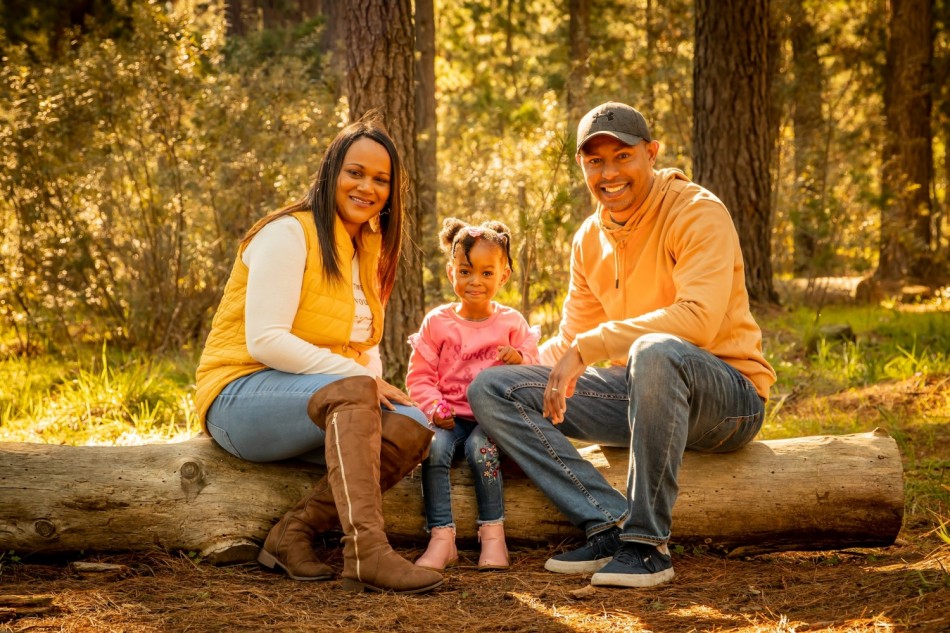5 Eco-Friendly Ways to Become a Healthier, Happier Family

As a parent, you want the best for your children, not just in the immediate moment but for their future. So for many parents, that means safeguarding their future through sustainable and intentional lifestyle choices. Maybe you've already begun the journey to living a more eco-friendly lifestyle, or you're just now realizing the importance sustainability plays in becoming a healthier and happier family. No matter where you fall on the spectrum of sustainable living, there is always power in knowledge, so keep reading for some easy, family-friendly ways to live a more sustainable life together and protect your children's future.
Green Cleaning Products
What we clean our home with dramatically impacts not only the planet's health but the entire family's health. Our bodies are protected by the skin on them, and our skin is the body's largest organ, so everything that comes into contact with your skin, from lotions, laundry detergents, soaps, and household cleaning products, is absorbed through the skin. Opting for natural ingredient-based cleaning products is a great first step to living in an eco-friendly home. You can also easily DIY your cleaning products with simple ingredients you likely already have at home, like baking soda and vinegar, and add your favorite essential oils for a fresh and natural scent.
Your Bedding & Sheets
Traditional mattresses off-gas tons of toxic chemicals that aren't worth the health hazards they pose to your family, no matter how affordable the mattress seems. While more sustainable mattresses seem like a huge investment up front, they are healthier for the entire family and will last longer than conventional mattresses. In addition to the mattresses you use on your beds, you also want to pay attention to the linens you dress the beds your family sleeps in. Sustainable bedding sheets made from plant-based materials like eucalyptus are some of the healthiest you can put on your bed, not to mention more comfortable, as they are more temperature-regulating and moisture-wicking than cotton.
The Three "R's"
While the three R's have been around since the 90s, that doesn't mean your children have them memorized, so teaching them to reduce, reuse and recycle is critical. Reducing can look like limiting the number of items you purchase for your family. While you don't have to become minimalist, reducing items purchased ultimately reduces items that end up in the landfill. Reducing can also apply to food waste. Reusing items as often as possible and upcycling will not only save you money, but it'll save the planet. And lastly, teaching your children how to recycle is a skill that will stay with them for a lifetime and ensure a healthier planet.
Start a Garden Together
Whether you have a large backyard where you can install raised beds or practice free gardening or a small balcony where you can plant fruits and veggies in containers, starting a garden together is not only a fun family activity, it's a sustainable practice and skills your children can use for a lifetime. Spending time outside in nature is healthy for children; everyone knows this and the importance of a healthy and nutritious diet. Even the pickiest eaters are more likely to try fruits and vegetables if they grow their own.
Use Less Water
The average American family uses 90 gallons of water per day! That number is absolutely staggering. As a family making a conscious effort to use less water through less laundry, taking shorter baths and showers, and investing in energy-efficient dishwashers and washing machines is a great step to reducing your family's water consumption. While appliances are an investment, you will see a reduction in your water bill immediately; over time, you'll see a return on your investment when you purchase and use these products.
Teaching your children environmentally conscious habits from a young age only ingrains it in them and makes it second nature as they mature and head out into the world on their own. Using public transportation, walking or bicycling when appropriate, or even enrolling them in ecological summer programs are other great steps to being a more sustainable family. Here's to your family's health and the planet!
© 2024 ParentHerald.com All rights reserved. Do not reproduce without permission.
* This is a contributed article and this content does not necessarily represent the views of parentherald.com
